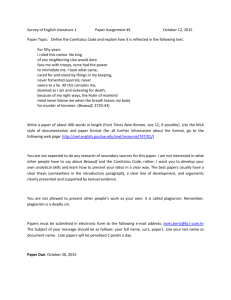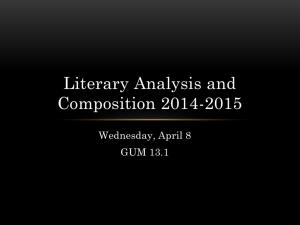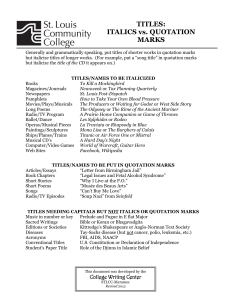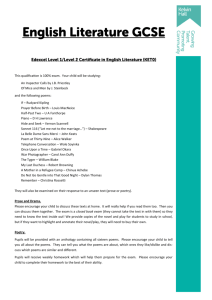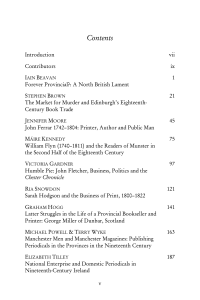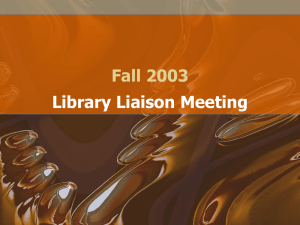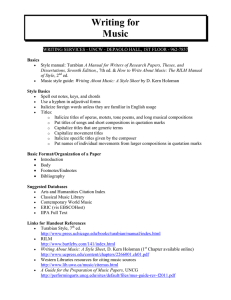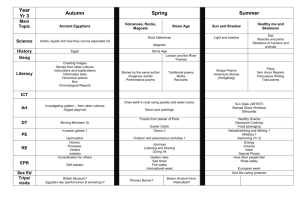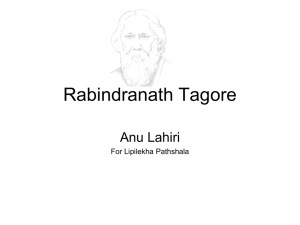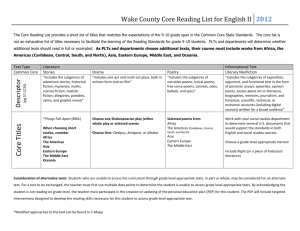15 Ways to Instantly Become a Better Writer
advertisement
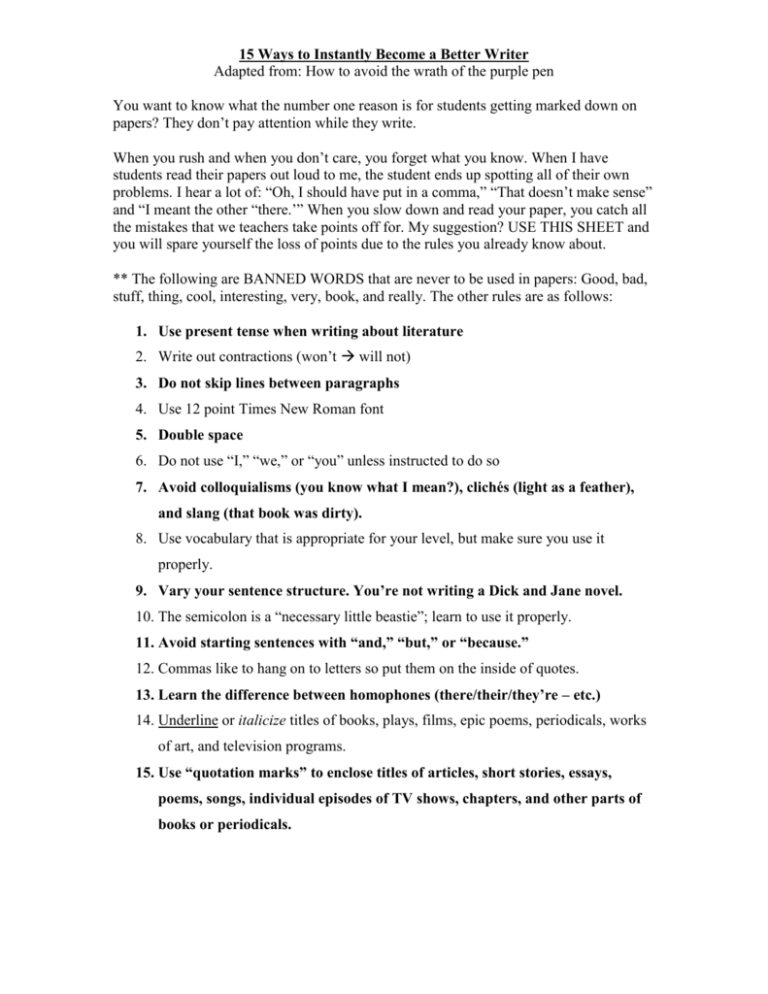
15 Ways to Instantly Become a Better Writer Adapted from: How to avoid the wrath of the purple pen You want to know what the number one reason is for students getting marked down on papers? They don’t pay attention while they write. When you rush and when you don’t care, you forget what you know. When I have students read their papers out loud to me, the student ends up spotting all of their own problems. I hear a lot of: “Oh, I should have put in a comma,” “That doesn’t make sense” and “I meant the other “there.’” When you slow down and read your paper, you catch all the mistakes that we teachers take points off for. My suggestion? USE THIS SHEET and you will spare yourself the loss of points due to the rules you already know about. ** The following are BANNED WORDS that are never to be used in papers: Good, bad, stuff, thing, cool, interesting, very, book, and really. The other rules are as follows: 1. Use present tense when writing about literature 2. Write out contractions (won’t will not) 3. Do not skip lines between paragraphs 4. Use 12 point Times New Roman font 5. Double space 6. Do not use “I,” “we,” or “you” unless instructed to do so 7. Avoid colloquialisms (you know what I mean?), clichés (light as a feather), and slang (that book was dirty). 8. Use vocabulary that is appropriate for your level, but make sure you use it properly. 9. Vary your sentence structure. You’re not writing a Dick and Jane novel. 10. The semicolon is a “necessary little beastie”; learn to use it properly. 11. Avoid starting sentences with “and,” “but,” or “because.” 12. Commas like to hang on to letters so put them on the inside of quotes. 13. Learn the difference between homophones (there/their/they’re – etc.) 14. Underline or italicize titles of books, plays, films, epic poems, periodicals, works of art, and television programs. 15. Use “quotation marks” to enclose titles of articles, short stories, essays, poems, songs, individual episodes of TV shows, chapters, and other parts of books or periodicals.
